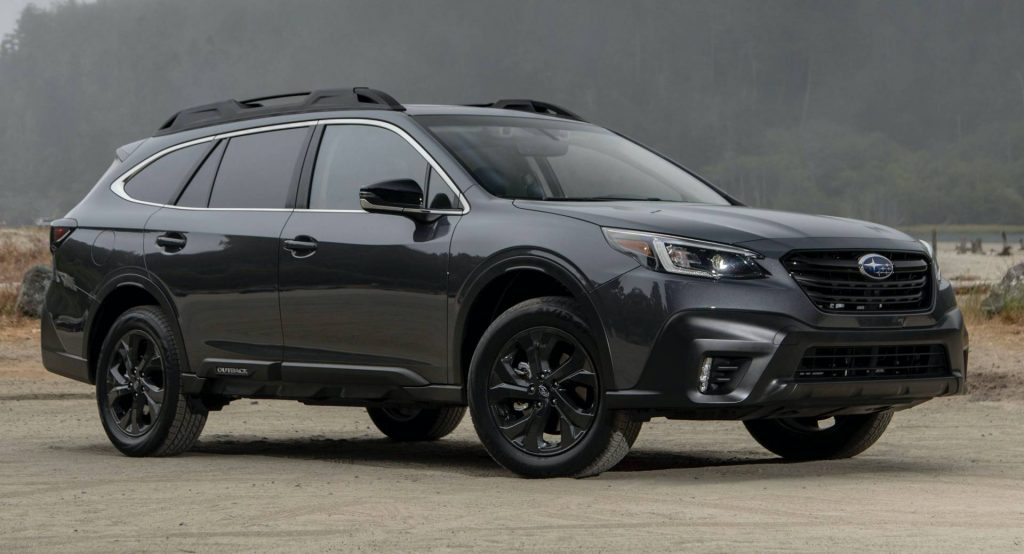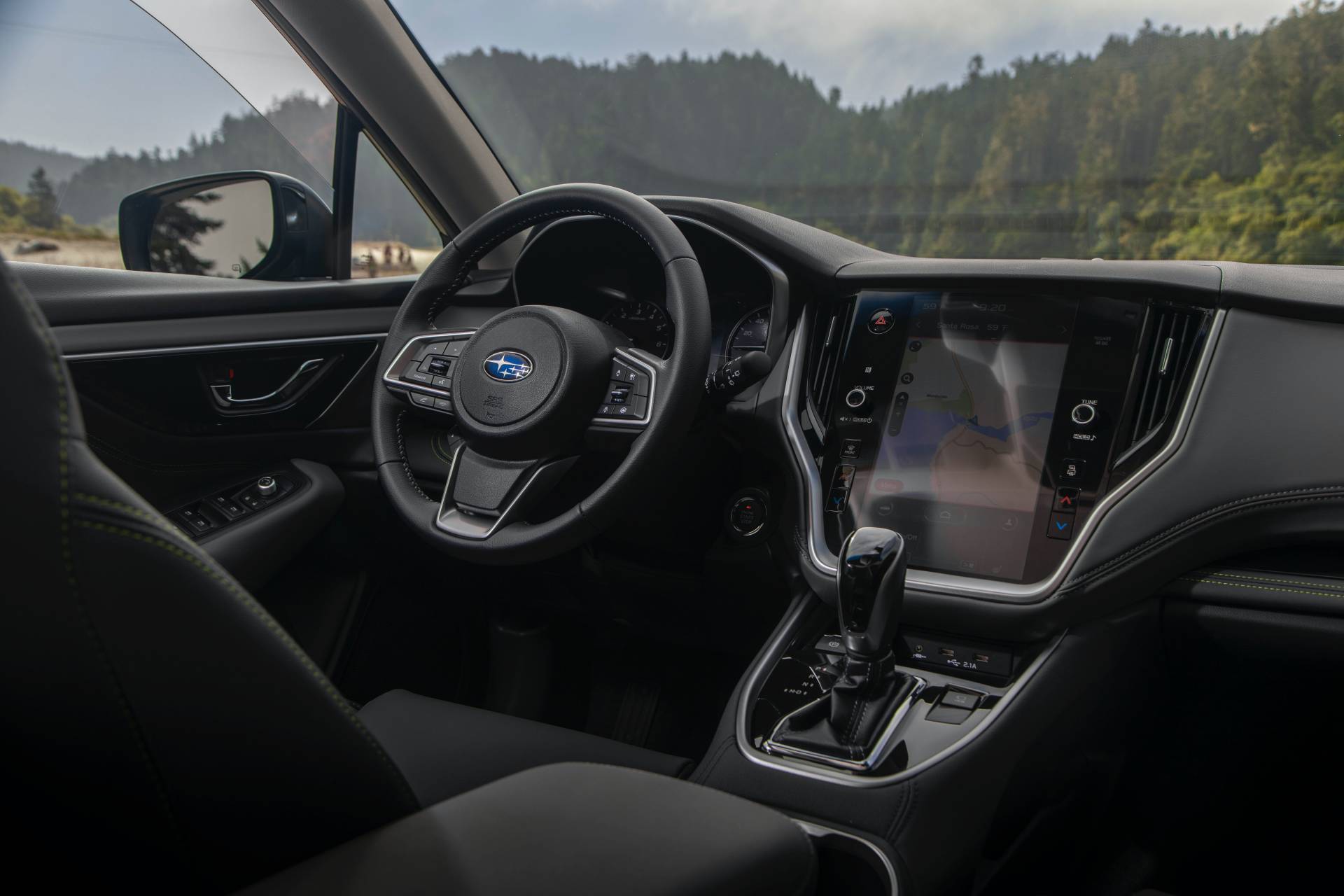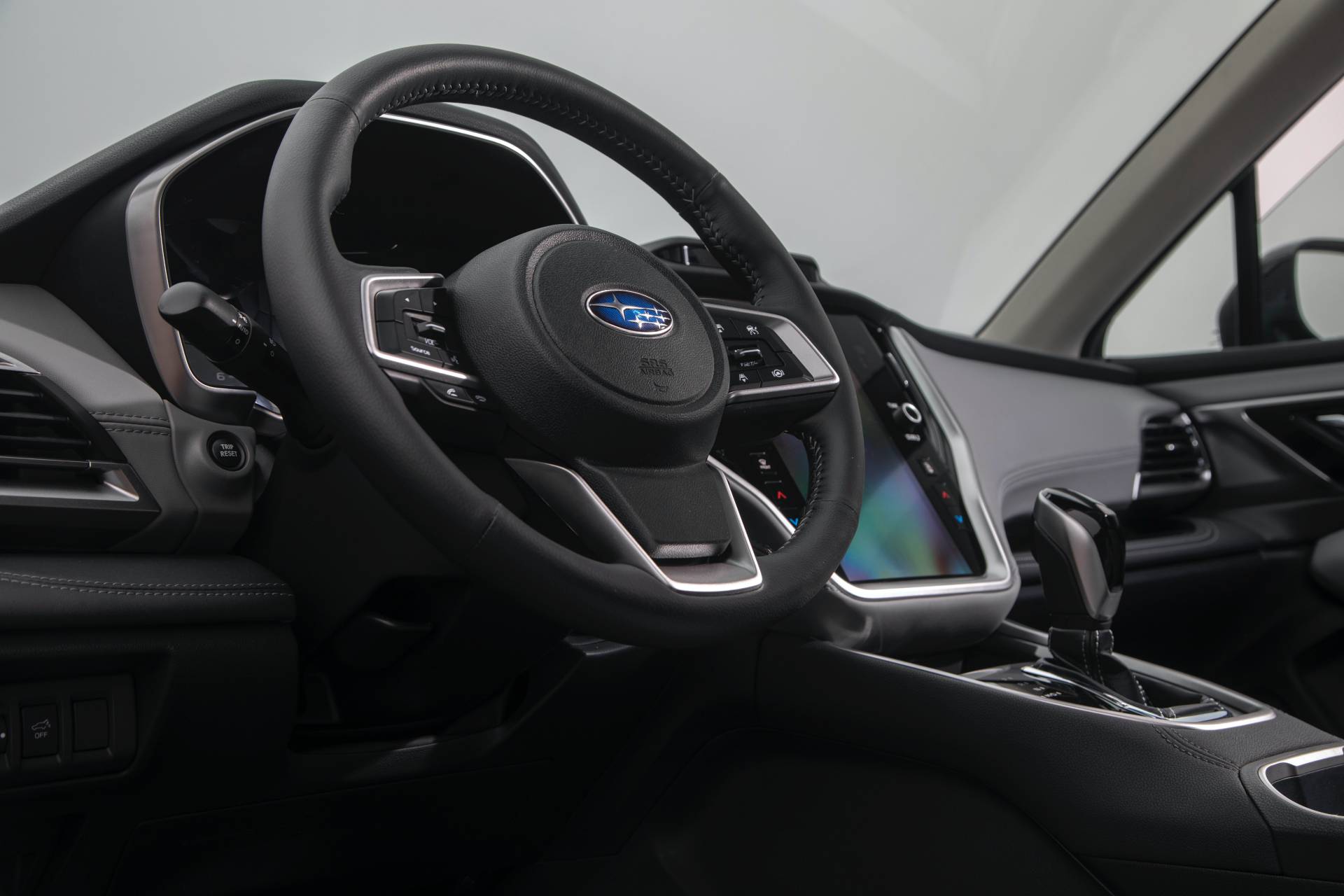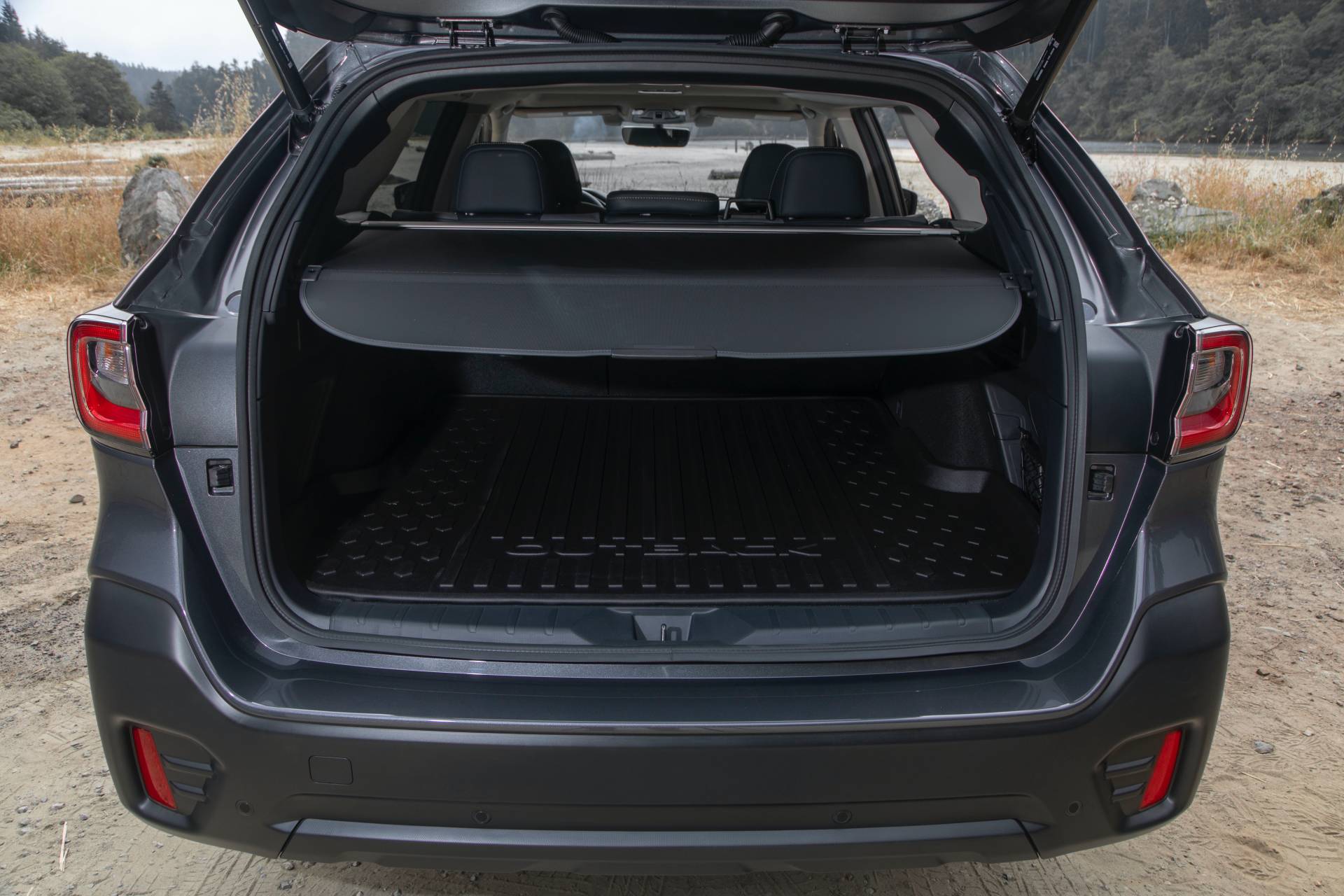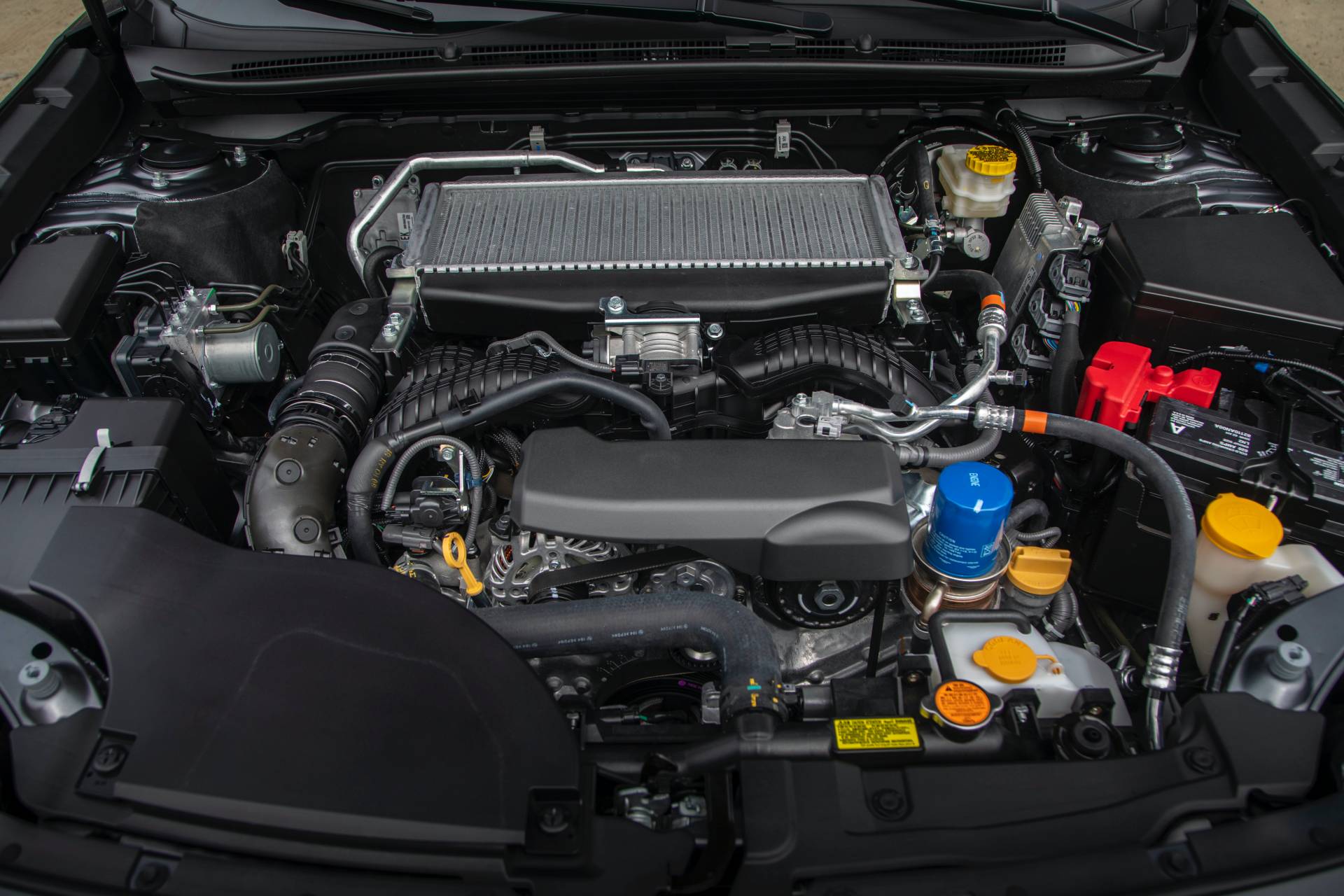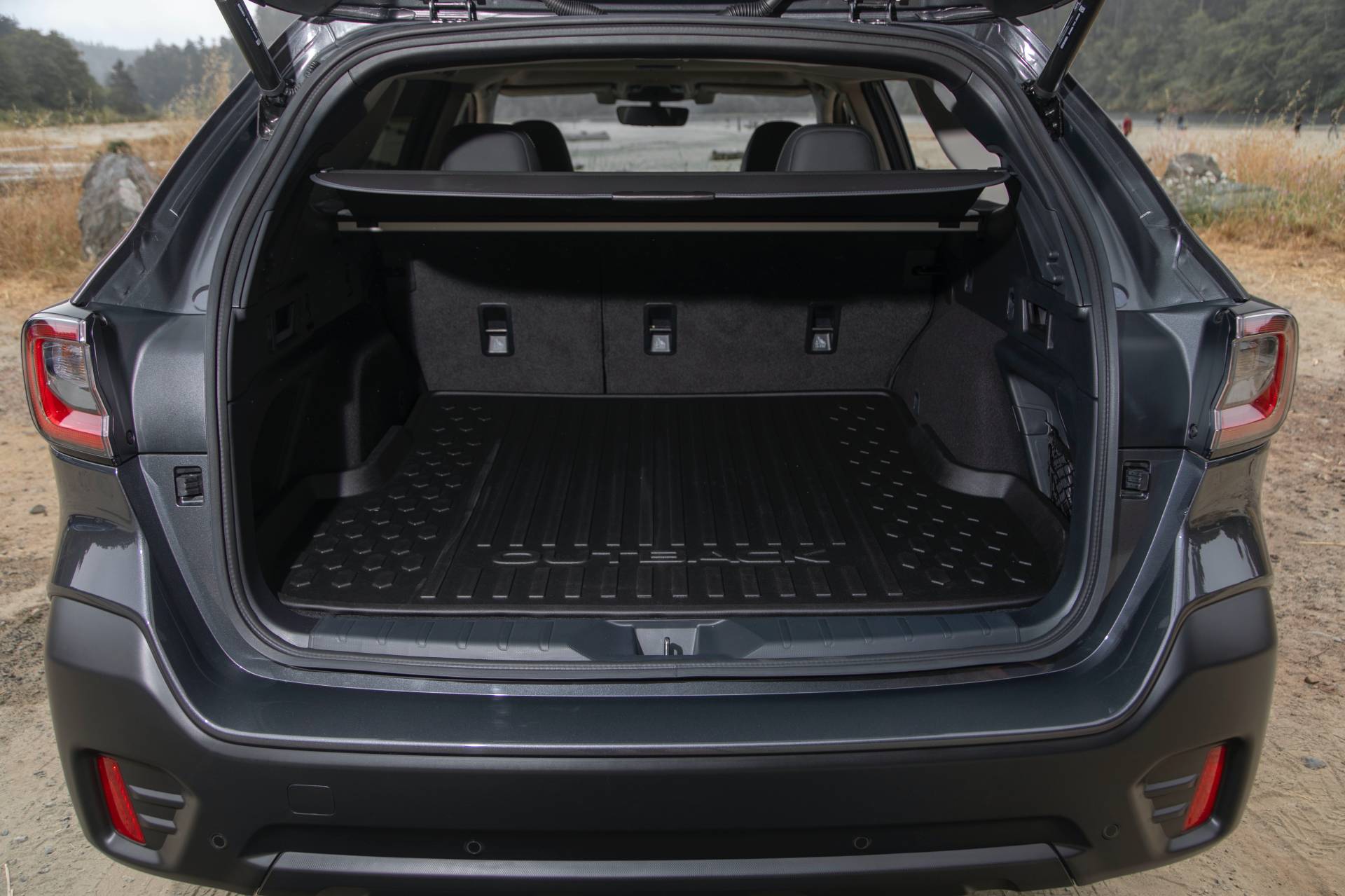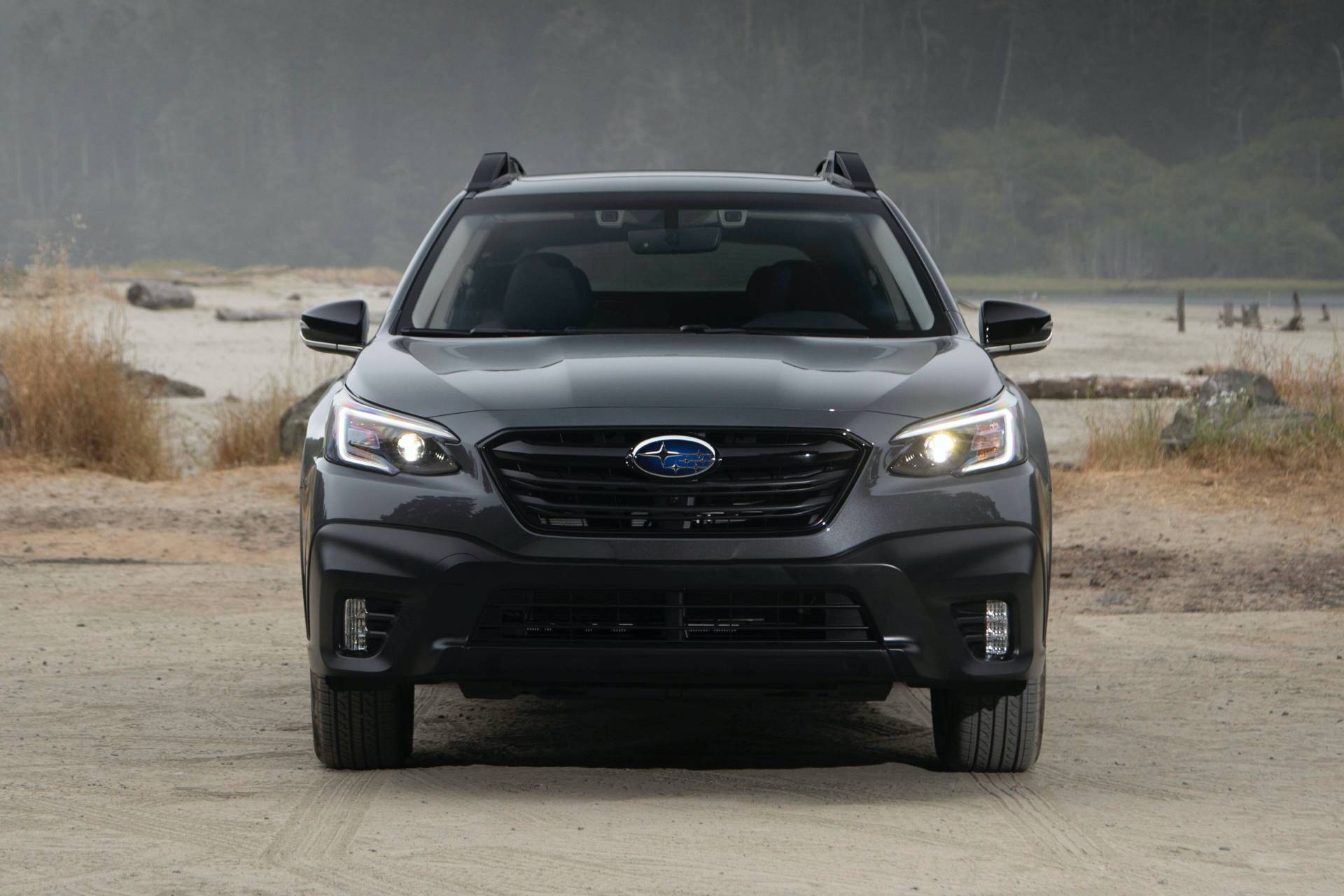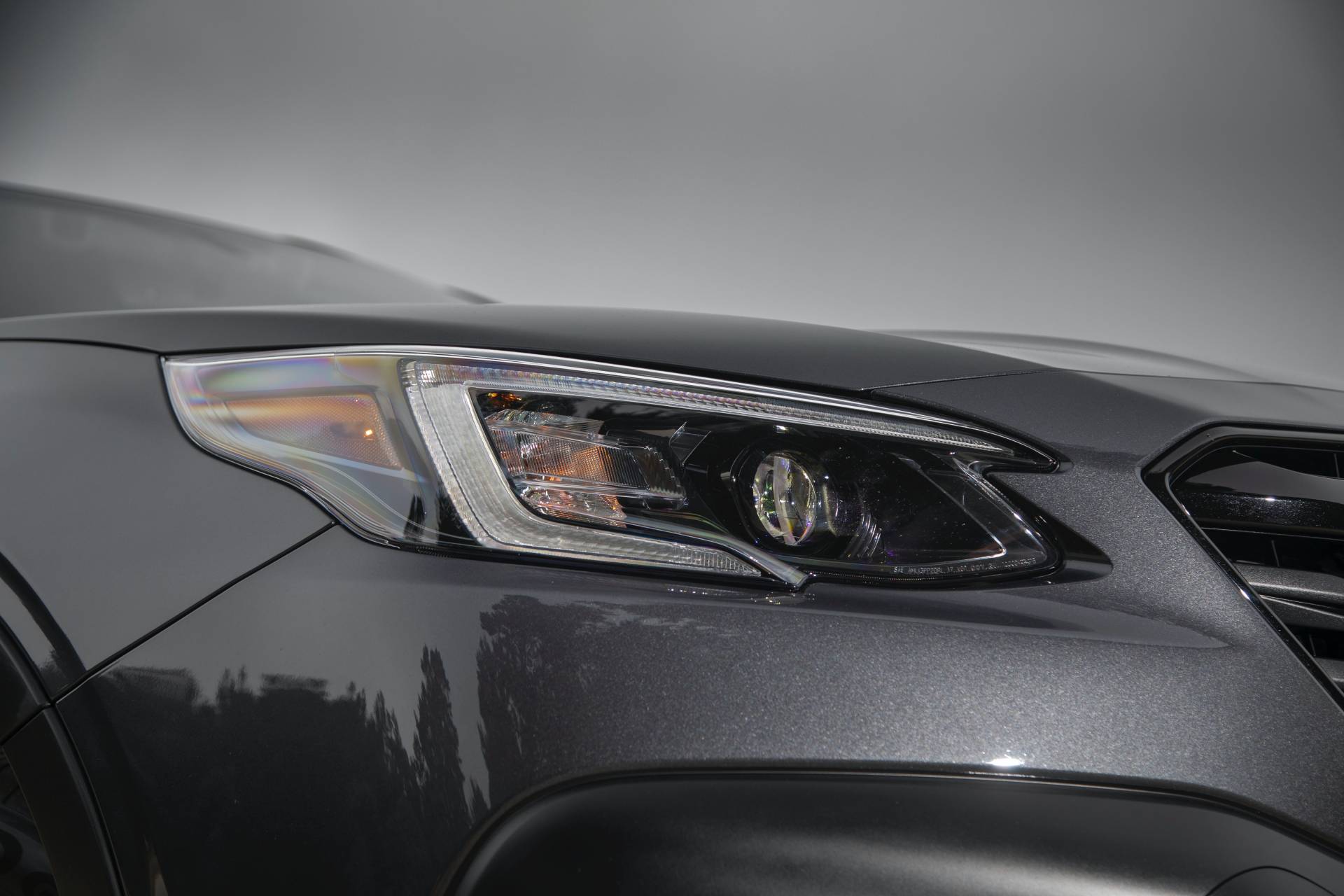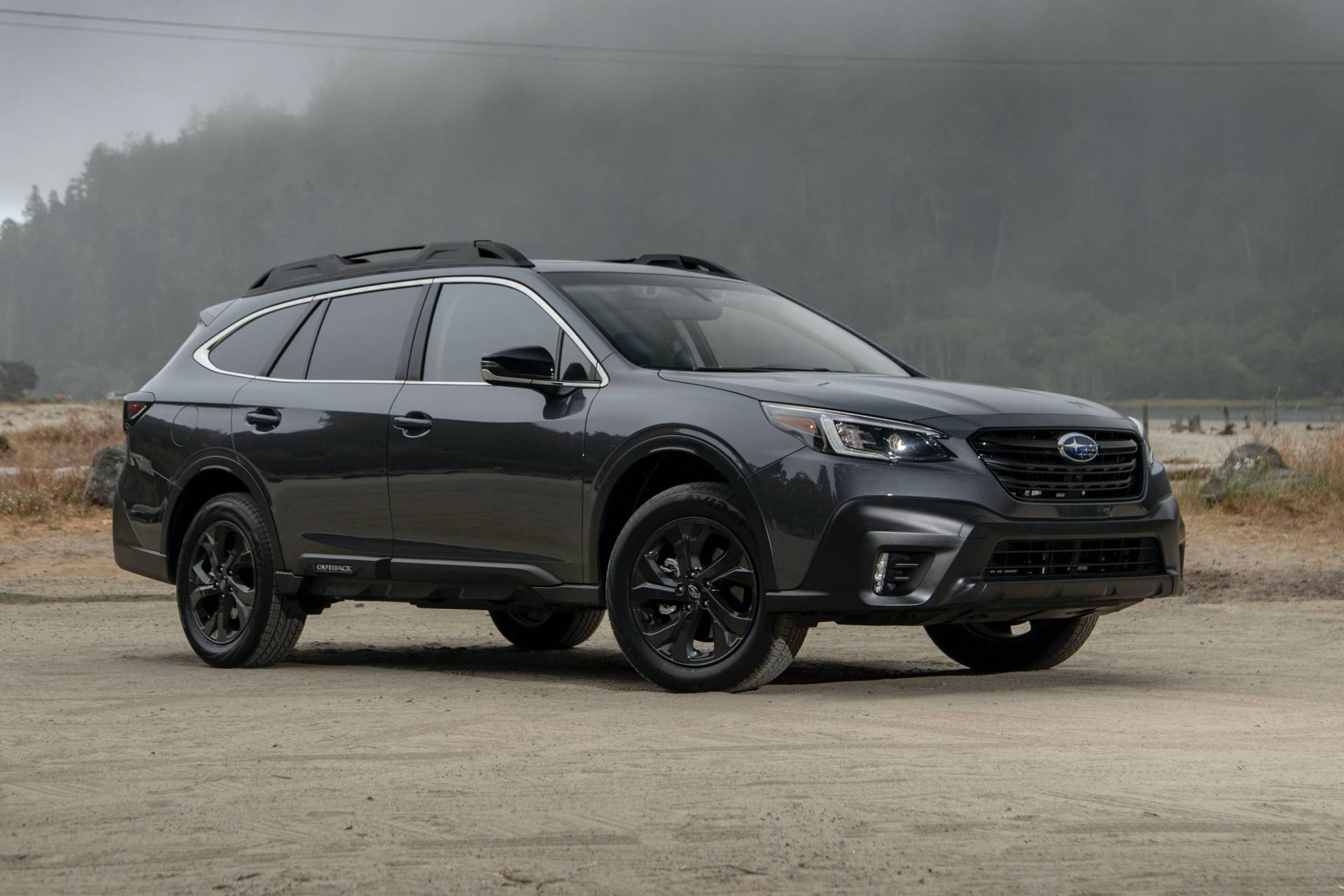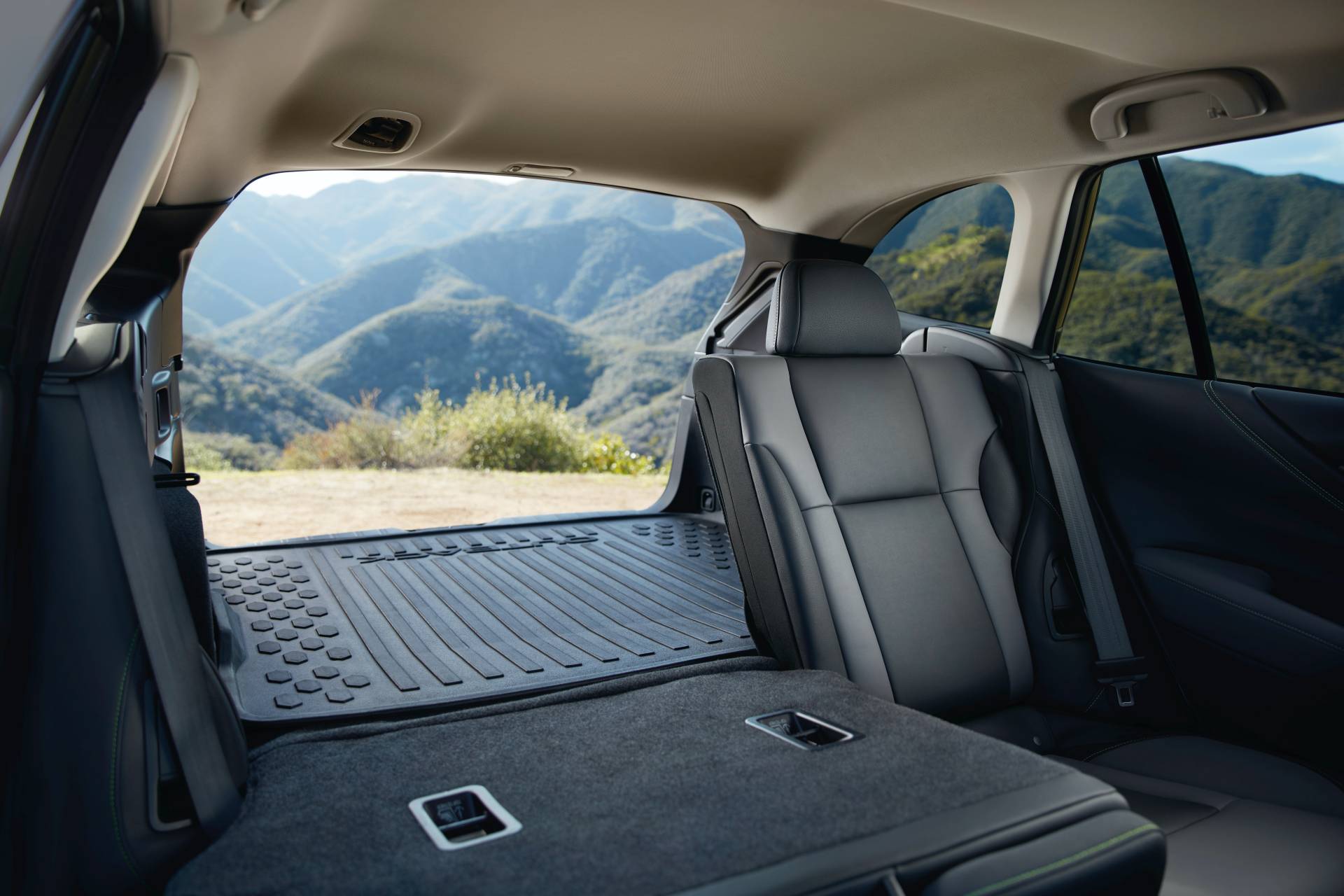Automotive journalists like to complain that U.S. buyers don’t have enough wagon models to choose from, but the truth is the market for such vehicles is so small that automakers have little incentive to enter the segment.
Station wagons made up just 1.4 percent of all car sales in the United States last year, according to data from J.D. Power cited by CNBC in an interesting video report on the U.S. wagon market that you can find at the end of this article.
That’s insignificant compared to the 48-percent market share of the crossover-SUV segment, so it’s little wonder that wagons are such a rare sight in America’s car dealerships these days. However, there is one model that is thriving in the States: the Subaru Outback.
Also Read: European Markets Will Keep Wagons Alive, Despite Slumping Sales
As a matter of fact, one could say the Outback practically IS the wagon segment in the United States. That’s because the Japanese model has a 1.2 percent overall market share, or 85.7 percent of its segment, with 178,854 sales in 2018. This means that all the other wagons on sale in the U.S. are fighting for just 0.2 percent of the market, making Audi’s introduction of the 2020 A6 Allroad to the United States a rather daring move.
So how does Subaru manage to dominate the wagon market so strongly? As Road & Track notes, a lot of it has to do with the Outback’s design. The jacked-up wagon offers more ground clearance and rugged styling cues that appeal to buyers of both wagons and crossover SUVs.
There may be other models that do to the same thing, such as the Volvo V60 / V90 Cross Country and the Buick Regal TourX, but they are significantly more expensive than the Outback, which starts at just $27,655, including $1,010 destination. It also helps that the Outback is a long established nameplate in the U.S. and has a solid reliability record.
For all its success, the Outback lost more than 10,000 sales compared to 2017 – which is a lot. It remains to be seen whether that’s attributable to buyers holding off a purchase until the launch of the all-new 2020 Outback or the overall decline of the segment.







